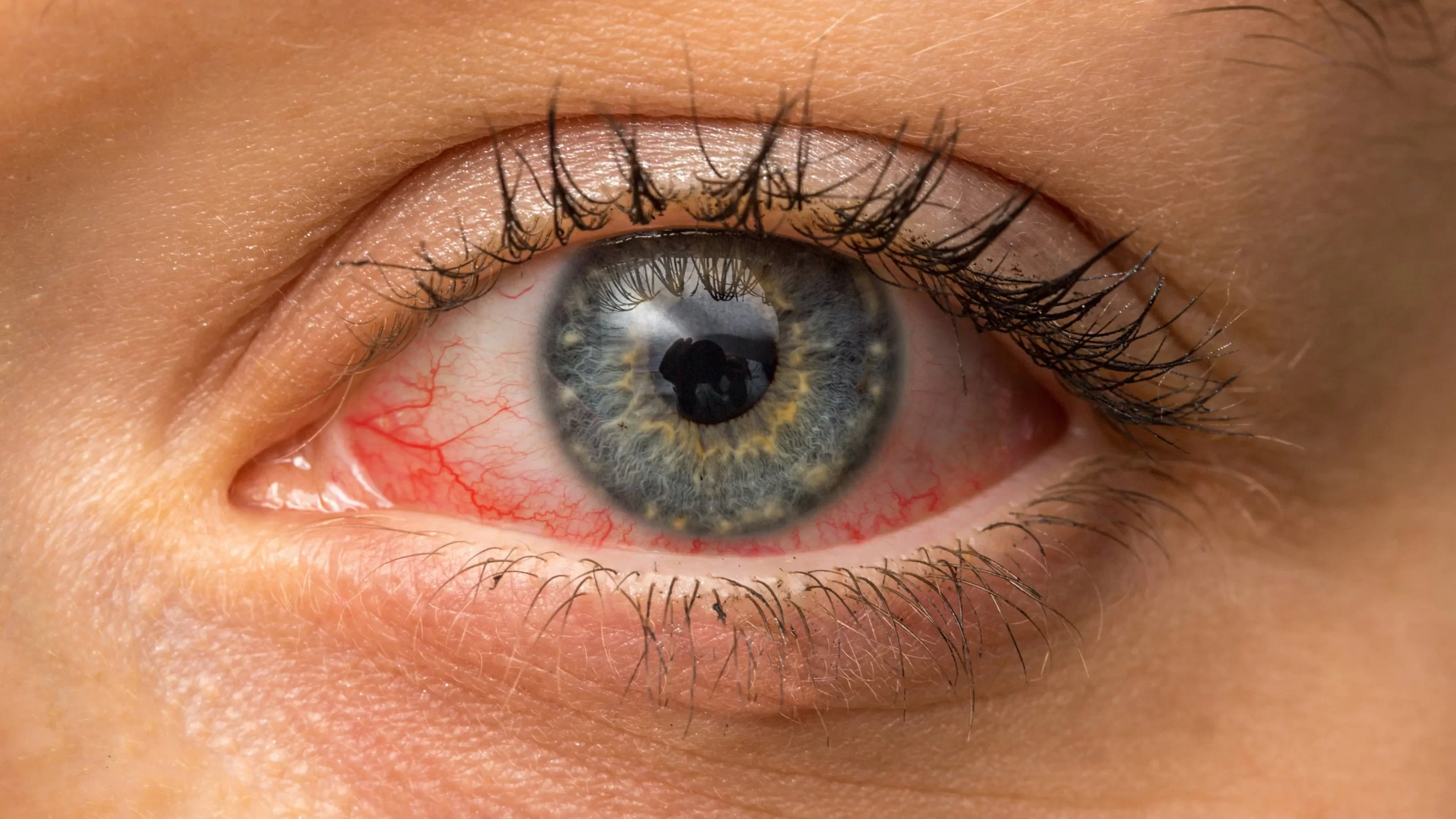
Amid conjunctivitis, eye flu, doctors warn against steroid eye drops

As conjunctivitis and eye flu cases rage in the Indian capital, doctors are warning against using steroid eye drops, saying it may bring temporary relief but can do harm in the long run.
The best way to battle the disease is to detect it early and go for appropriate therapies, Dr JS Bhalla, a senior consultant eye surgeon at the DDU hospital in New Delhi, said. This can help minimise potential harmful effects or transmission of untreated conjunctivitis, he said.
Conjunctivitis in the present epidemic is a self-limiting disease and does not require antibiotic treatment in all cases, Dr Bhalla pointed out. Hand and facial hygiene are very important to prevent its spread, he underlined.
Also read: Coronavirus: Does picking your nose really increase your risk of COVID?
Topical corticosteroids
There is no approved treatment but topical corticosteroids may be helpful in a subgroup of patients with adenoviral conjunctivitis and may prevent scarring in severe cases.
“It should be noted, however, that treatment guidelines suggest caution in the use of corticosteroids because they can potentially prolong infection,” Bhalla said. Dr JS Titiyal, chief of the RP Centre at AIIMS, said the condition was usually caused by viruses, which are highly contagious and spread quickly. He said the RP Centre found adenovirus to be the causative agent in all cases tested.
Among these, nearly 20-30 per cent of cases have a positive bacterial culture as well, pointing towards superadded bacterial infection, Titiyal added. “The viral infection of the eyes is self-limiting and one can recover in one to two weeks. However, secondary bacterial infection may rarely occur and delay recovery,” he said. “In such cases, use of antibiotic eye drops is advised.”
Beware of misdiagnosis
Bhalla said primary or urgent care physicians may prescribe antibiotics without making an informed differential diagnosis, adding that misdiagnosis of viral etiologies as bacterial conjunctivitis and the resulting inappropriate use of antibiotics can occur in as much as 50 per cent of cases.
Also read: Here’s how you can prevent non-alcoholic fatty liver disease
This can lead to inappropriate antibiotic prescriptions and the risk of antibiotic resistance, the doctor added. Both Bhalla and Titiyal warned against the indiscriminate use of steroid eye drops, saying over-the-counter steroids should not be used unless advised by an ophthalmologist for specific indications.
“Since it provides rapid relief of symptoms due to its anti-inflammatory properties, patients feel symptomatically better. But there are risks associated with steroid use without recommendations of your eye doctors,” Bhalla, the secretary of the Delhi Ophthalmological Society, added. He warned that patients who use corticosteroids over a long term are at risk of developing glaucoma and cataract.
The two major symptoms experienced are itching and grittiness. Lubricating drops are soothing to the eyes and provide symptomatic relief, and cold compresses also decrease ocular irritation and itching.
(With agency inputs)


